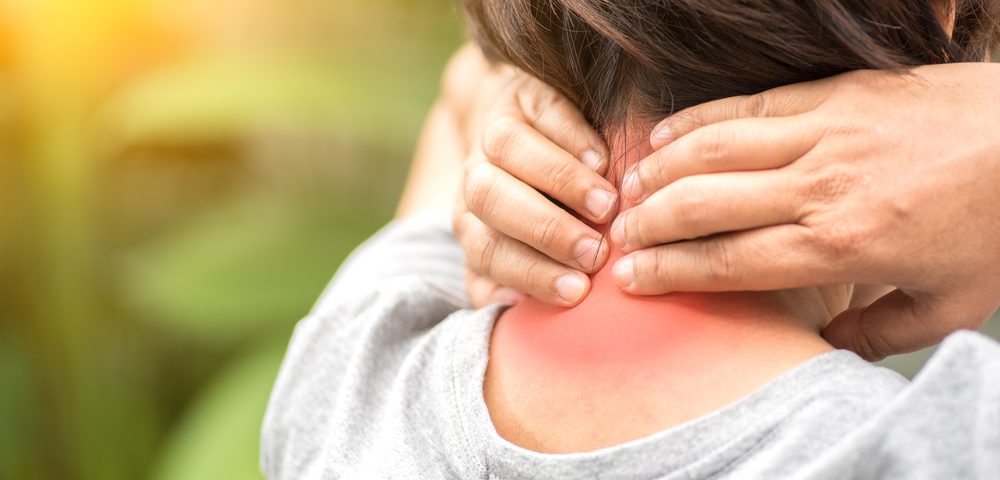Cincinnati Children’s Hospital is looking for teenagers with fibromyalgia to participate in a clinical trial (NCT03268421) that aims to determine which of two group-based training programs is more effective at helping young people manage their symptoms.
Participants must be ages 12 to 18, and must have a prior diagnosis of juvenile-onset fibromyalgia (JFM). They must also exhibit moderate to severe pain and have difficulty conducting normal, everyday activities such as sports or attending school.
The two training programs being studied are the Fibromyalgia Integrative Training Program for Teens (FIT Teens) and cognitive-behavioral therapy (CBT).
FIT Teens is designed to improve physical fitness and coping skills, and reduce pain symptoms. CBT will focus on improving psychological coping skills designed to improve functioning and coping without a physical exercise component.
The study will last about 22 weeks, and teens must attend three assessment sessions and 16 group treatment sessions. The treatment sessions will take place twice a week for a total of eight weeks. Parents will be asked to attend some of the sessions with their child.
The assessment sessions, which will last about two hours each, will include answering brief questionnaires, wearing an activity monitor, and tests of balance, strength, and fitness.
Teens who are eligible for and choose to participate in the study will be randomly assigned into either the CBT or the FIT Teens group. Each group will include about six teenagers.
The participants in the CBT group will attend two small group treatment sessions per week; sessions are 30-45 minutes long. During the sessions, participants will work with a psychology trainer who will teach them coping skills that are used to manage pain.
Those randomized into the FIT Teens group will attend two, 90-minute small group treatment sessions per week. They will work with an exercise trainer and psychology trainer to learn neuromuscular exercises which will help improve their strength, fitness, and body mechanics, and they will also learn coping skills to manage pain.
Teens may or may not receive a direct medical benefit from taking part in this study. But the clinical trial’s main focus is to allow researchers to develop better treatment programs which may benefit other teenagers with JFM in the future. There may be some risks or inconveniences involved for participants.
If a teen chooses to participate, the details of the study will be conveyed in a consent form, which includes procedures, risks, benefits, pay, who to contact with questions or concerns, and more.
The trial is hoping to recruit 420 teens, and will take place at six sites in the U.S. and one site in Ontario, Canada. For more information, visit the clinical trial’s web page here, and scroll down to Contacts and Locations.
Study participants are eligible to receive up to $360 for their time and travel. After they complete the study, they will receive either a BOSU Balance Training Ball or a relaxation gift basket.

